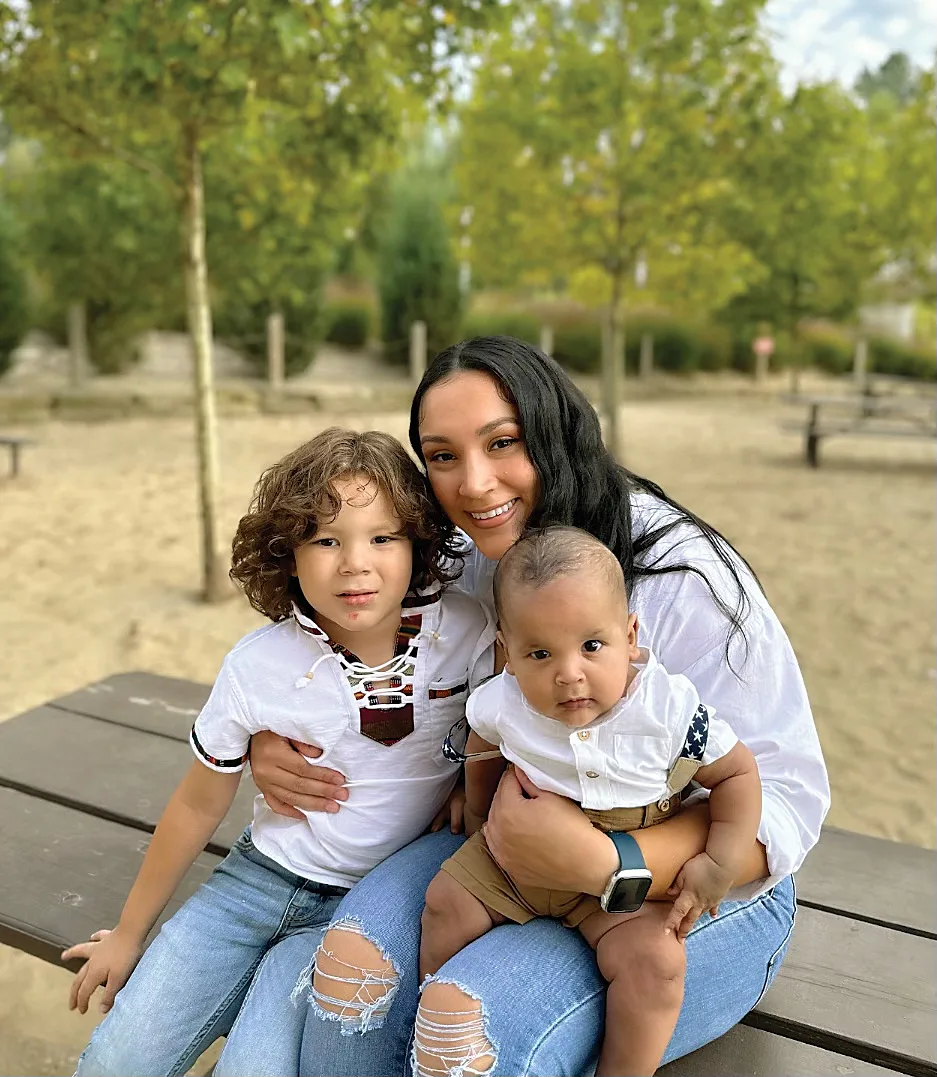
Cleveland native Joseline Menjivar is a single mother of two energetic little boys, 5-year-old Maverick and 10-month-old Jameson.
Their life is, no doubt, busy. And like
many families, their journey has been full of twists and turns, starting with Maverick’s second birthday.
“I noticed at his birthday party
that he did not play with any of the kids. I had a feeling something more than just a speech delay was going on,” Menjivar says.
She says it wasn’t until her son’s speech therapist pulled her aside that she made the connection.
“When I heard the word autism, I felt my heart and body sink. I was so scared, so worried,” she says.
Maverick’s formal autism diagnosis came at age three, and as a member of Northeast Ohio’s Spanish-speaking community, he is one of the fortunate ones.
Michelle Mejia is the Spanish helpdesk coordinator and bilingual support for Milestones Autism Resources. She says research suggests that while autism prevalence rates vary among different racial and ethnic groups, Latino children are often diagnosed later and receive fewer support services compared to their non-Latino counterparts.
“These challenges stem from various factors, including language barriers, cultural beliefs, limited awareness of autism signs, and socioeconomic disparities,” Mejia says. “Stigma surrounding developmental disabilities within the Latino community can contribute to delays in seeking diagnosis and support services.”
As a result, many Latino families face significant obstacles in navigating the health care and education systems to meet their children’s needs. Menjivar says she has seen this struggle firsthand.
“My family was in denial that my son had autism,” she says. “They would suggest things that I should do so that he would ‘get better.’ In our culture, we often seek support from our families, and oftentimes we are left feeling alone and misunderstood.”
Menjivar says she is glad that her son’s speech therapist was also Latino and understood the barriers.
“My knowledge on autism, and my child specifically, has grown tremendously,” she says. “I have now been able to help my family and friends understand autism better.”
Mejia says in order to make success stories like Menjivar’s more common, we need to address the disparities in diagnosis through cultural competence training for providers and educators, community outreach, and enhanced access to services. That includes streamlining access to diagnostic evaluations, early intervention and therapy, and expanding bilingual services.
Mejia is deeply committed. She has already helped the Milestones Spanish Helpdesk expand to serve nearly 50 families locally, and has established vital community partnerships with Metrohealth, NAMI, Tri-C, and the Ohio Department of Developmental Disabilities.
“The ultimate goal is to ensure equitable access to empower families to navigate their journey with autism more effectively,” she explains. “My vision is one of inclusion, acceptance, and support, where every individual with autism and their family receive the resources and opportunities they need to thrive.”
The Milestones free Helpdesk is an autism services guide, connecting you with resources to meet your needs. Milestones has Spanish-speaking staff ready to take your call. Contact the Spanish Helpdesk at 216-464-7600 ext. 5, or visit milestones.org/helpdesk.

